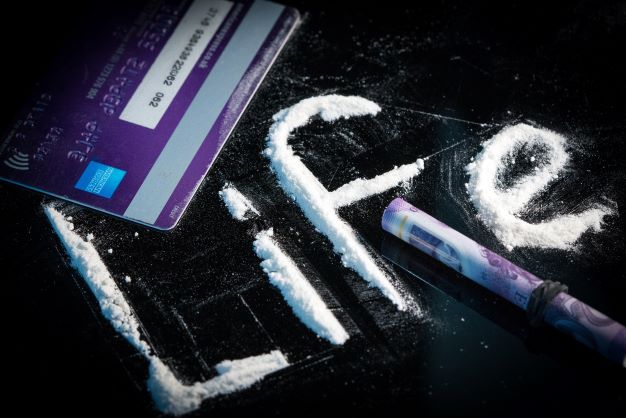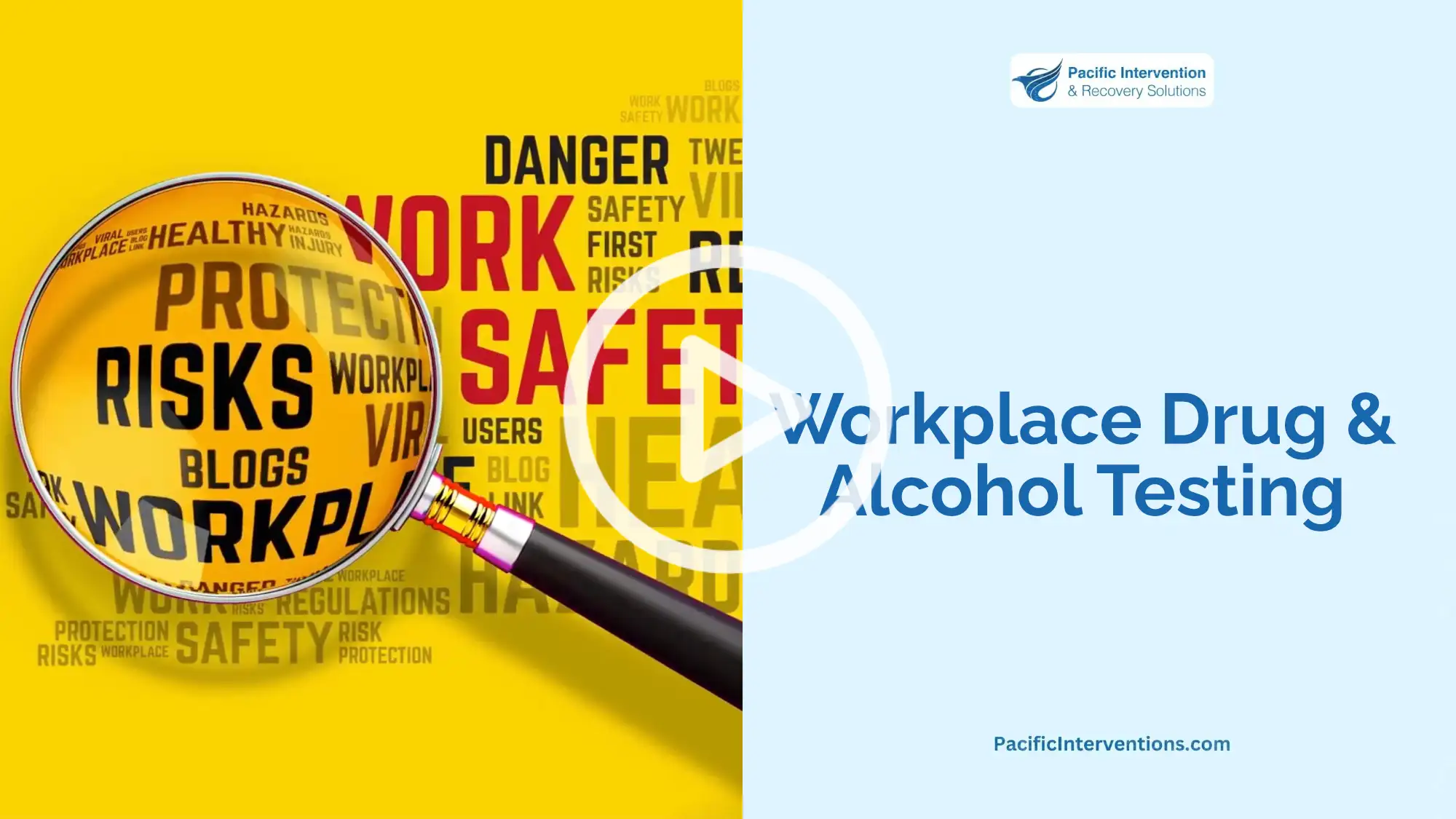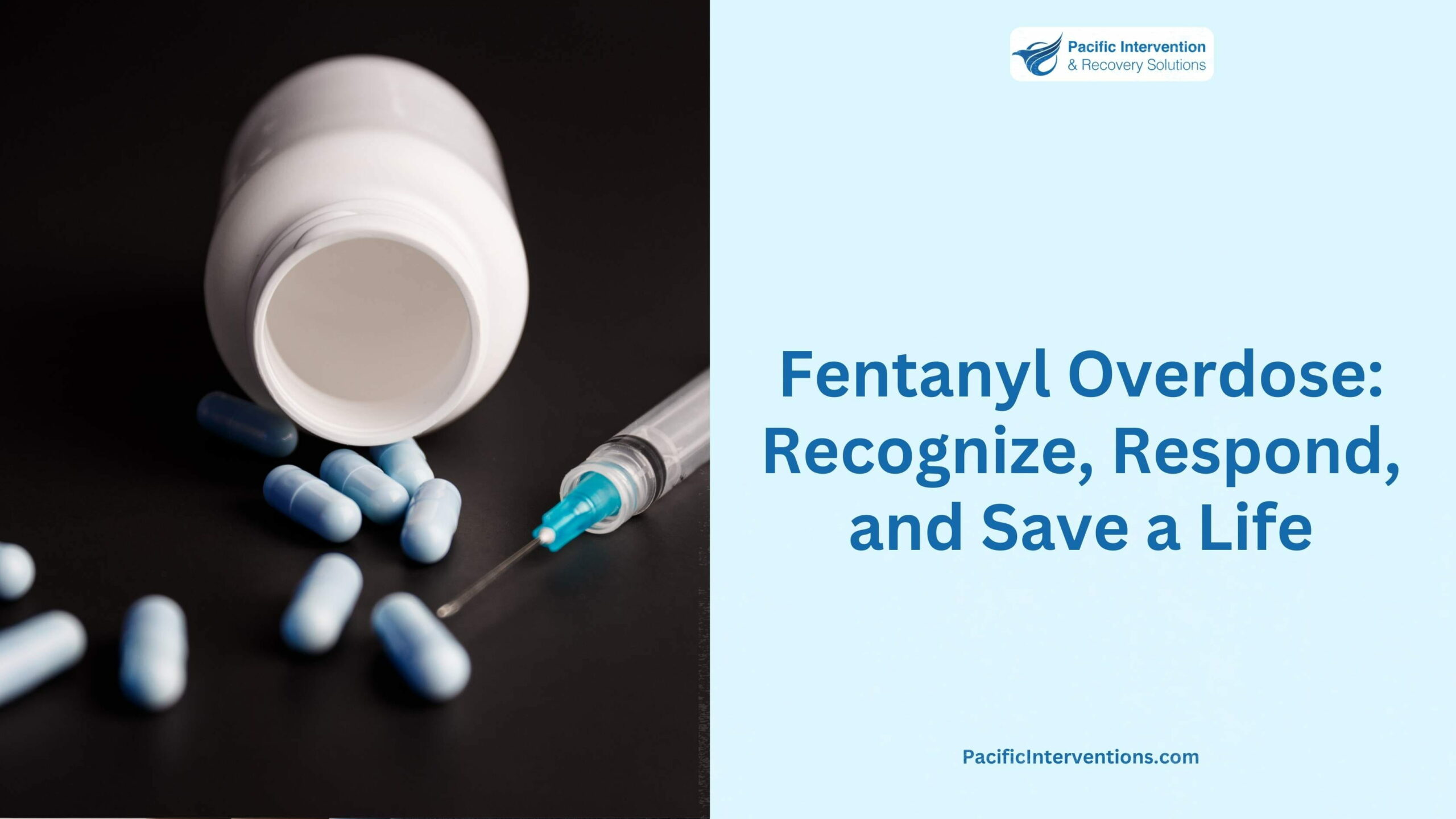Lab Approval to Legally Manufacture and Sell Cocaine
The recent announcement of a Vancouver area companies’ legalization to manufacture and sell cocaine has caused a lot of controversy. The idea that this would somehow help the mental health and addiction problem Vancouver and surrounding areas face is absurd. This is yet another attempt at placing a band-aid on a problem that has been around for years. The recent legalizing of controlled substances was a simple political driven attempt at looking good in the eyes of the public. When in reality, the police have not enforced arresting people with possession for over a decade. A pointless law, but not nearly as damaging as allowing cocaine to be sold in stores to the public. Although a recent retraction has been released, one must consider if this is just a redirect to what is to come.
What we can expect from the legalization of manufacturing and sale of cocaine:
- Increased addiction: Legalizing cocaine sales could lead to an increase in the number of people who become addicted to the drug. Cocaine is a highly addictive substance, and easier access to it could lead to more people trying it and becoming hooked.
- Health risks: Cocaine use can have serious health consequences, including heart attacks, strokes, and seizures. Legalizing the drug could lead to more people using it and experiencing these negative health effects.
- Crime and violence: Legalizing cocaine could lead to an increase in crime and violence related to the drug trade, as criminal organizations try to maintain their market share in the legal market.
- Social harm: Legalizing cocaine could have a negative impact on the social fabric of communities, including increased poverty, mental illness, and family breakdown.
- Public safety: Legalizing cocaine sales could make it more difficult for law enforcement to regulate and control the drug trade, potentially putting the public at greater risk of violence or other criminal activities.
THE 4-PILLAR APPROACH TO MENTAL HEALTH AND ADDICTION
When the government decided that the 4-pillar approach to addiction would be the solution, the model did in fact look promising. The issue is that only one pillar has actually been put into action. The Harm-Reduction pillar has been the focus since the model’s inception. The 4 Pillar Approach to addiction in Canada is a comprehensive framework that focuses on four key areas for addressing substance use and addiction issues:
- Prevention: This pillar involves strategies to prevent substance use before it becomes a problem, such as education and awareness campaigns, public health initiatives, and community outreach programs.
- Treatment: This pillar involves providing access to a range of evidence-based treatment options, including detoxification, rehabilitation, and harm reduction services, such as needle exchange programs and supervised consumption sites.
- Harm Reduction: This pillar involves reducing the negative consequences associated with substance use, such as overdose and the spread of infectious diseases, through measures such as safe drug consumption facilities and the provision of clean needles and other harm reduction supplies.
- Enforcement: This pillar involves law enforcement efforts to disrupt the supply of illicit substances and to target drug trafficking networks, while also ensuring that people who use drugs are treated fairly and humanely by the justice system.
Together, these four pillars aim to address the complex and interconnected issues that contribute to substance use and addiction in Canada, and to provide a comprehensive approach to addressing these challenges.
The problem with this model is that the main solution to improving addiction issues in Vancouver has not been addressed. If you look at Portugal’s model, treatment for addiction is readily available with options for people. They have a complete panel of qualified professionals who sit down and actually assess each individual and work towards treating that person with the best treatment that fits that person. Canada has only addressed part of the treatment pillar by setting up safe injection sites and handing out clean needles which is basically just more harm-reduction. Without proper evidence-based treatment, immediate access to detox facilities, this model will continue to fail. Until Canada decides to actually treat individuals we will have more insane laws added such as the legalization to manufacture and sell cocaine. It is time for Canada to stop plugging holes with tape and implement evidence based solutions that are proven to work.









